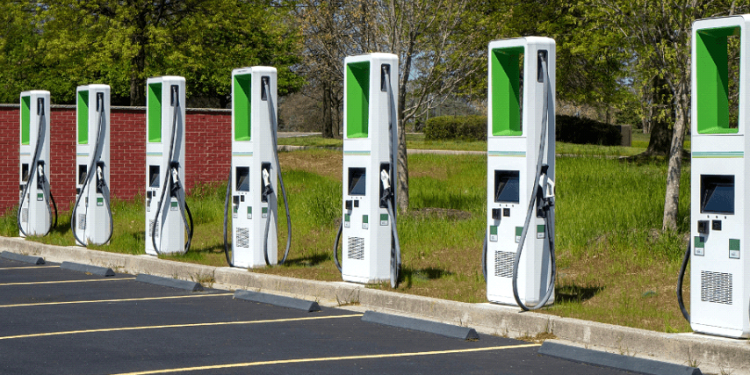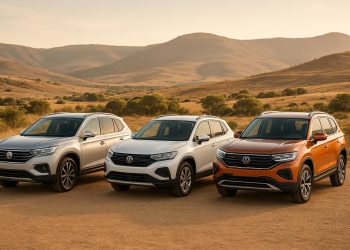Good news for electric vehicle owners! South Africa’s public EV charging infrastructure saw significant growth in 2024 and is set to expand further.
EV Charging Stations South Africa: Network Growth Accelerates
South Africa’s network of public EV Charging Stations South Africa experienced substantial growth in 2024, with further expansion planned for the coming year. This development is crucial to support the increasing adoption of electric vehicles (EVs) in the country. This will provide more ease for those who are looking at buying electric cars.
Increased Convenience for EV Drivers
The expansion of the charging network makes long-distance EV travel more feasible and provides more options for drivers who may not have access to home charging. This is a positive sign as local EV sales have been rising and are projected to continue growing, requiring a corresponding increase in charging capacity.
Major Charge Point Operators (CPOs)
Three main companies operate the majority of public charging stations in South Africa:
⦁ GridCars: Historically the largest CPO in South Africa.
⦁ Rubicon: Experienced significant expansion in 2024, adding 23 new stations (18 DC fast chargers and 5 AC chargers) for a total of 105.
⦁ Chargify: Added at least two new stations, bringing its total to 32 by December 2024.
Rubicon’s Aggressive Expansion
Rubicon had a particularly ambitious growth trajectory in 2024. The company plans to add at least 22 more stations by March 2025, reaching a total of 127. By the end of 2025, Rubicon aims to have 250 chargers in its network, potentially making it the largest CPO in the country.
Hilton Musk, Rubicon’s e-mobility project manager, indicated that many of the new chargers will be slower AC units located at leisure and tourist destinations. While DC fast chargers are more popular, grid capacity constraints and the lower cost of AC charger installations make them a practical solution for expanding coverage, particularly outside urban centers. However, Rubicon is also in discussions to install DC stations at malls and shopping centers along major inter-city routes.
Growing Demand and Financial Viability
The slow initial adoption of EVs in South Africa made the return on investment for CPOs challenging. However, the recent surge in EV sales has dramatically improved the financial viability of charging stations. Rubicon reported a tenfold increase in revenue from its charging stations between Q1 2023 and Q3 2024. The company also saw a 157% increase in charging transactions from 2023 to 2024.
Rubicon anticipates continued strong growth in the new energy vehicle (NEV) sector, fueled by an increasing variety of EV models and the introduction of more affordable options. Growing interest from corporate fleets and logistics companies looking to transition to electric vehicles is also driving demand.
Other Players and Future Projections
While GridCars did not provide specific expansion figures for 2024, the company previously confirmed 35 purchase orders for new installations by the end of 2024, potentially bringing its total to 211 stations. GridCars is also collaborating with Eskom on a pilot project to install charging stations at Eskom sites, though it’s unclear if these will be publicly accessible. The Department of Mineral Resources and Energy (DMRE) is also working on initiatives.
Chargify plans to add a substantial number of new chargers. A newer entrant, Charge, also plans a significant rollout of off-grid charging stations.
For general information about electric cars, and the motor industry, consumers can look at motoring blogs.
Here’s a summary of the estimated charging station landscape:
⦁ Charge: 1 live station, with plans for 119 more by early 2026 (total: 120).
⦁ Chargify: 32 live stations, with plans for potentially 78 more (total: 110).
⦁ GridCars: Estimated 211 stations (based on previous projections).
⦁ Rubicon: 105 live stations, with plans for at least 145 more by end of 2025 (total: 250).
This rapid expansion of EV Charging Stations South Africa signifies a growing commitment to supporting electric mobility in the country.
What is the biggest barrier to EV adoption in South Africa, in your opinion? Share your thoughts below!





